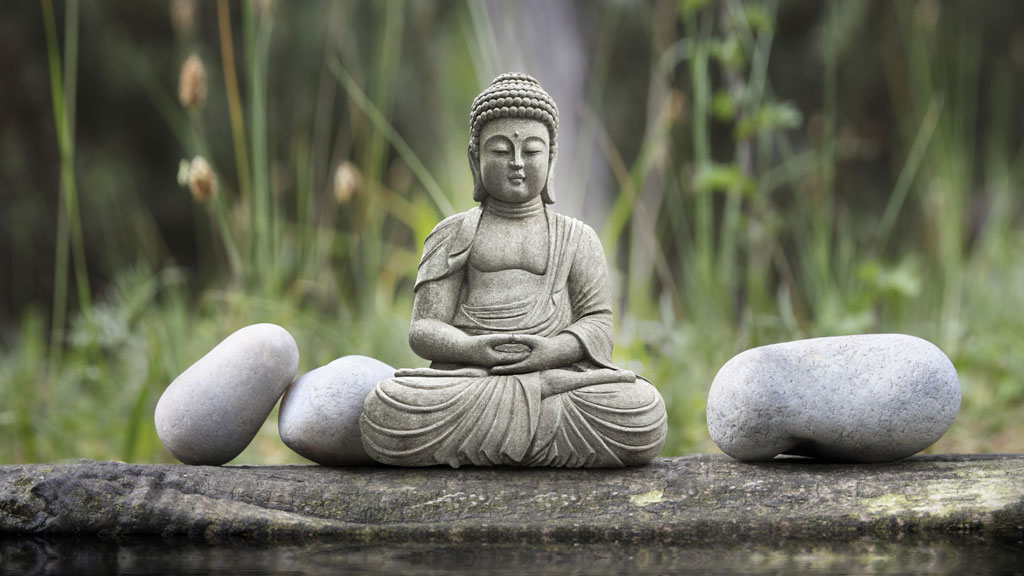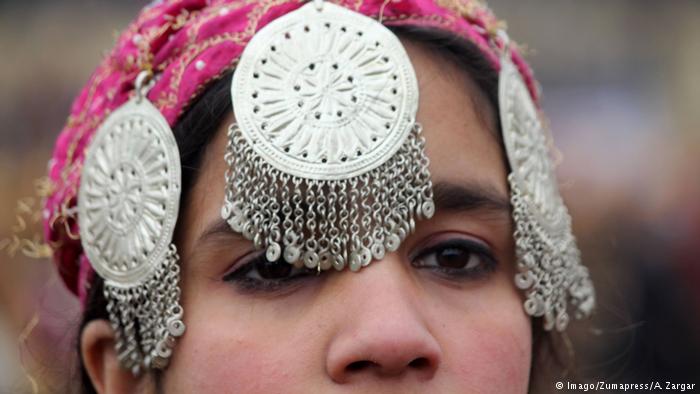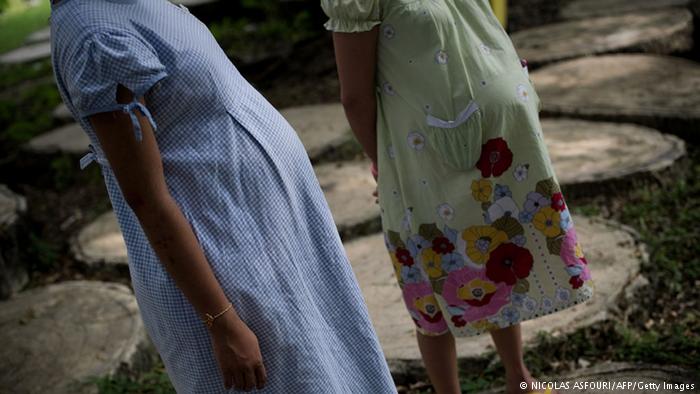Buddha’s not smiling
India is the land where Buddha gained enlightenment, but Buddha’s own home is rocked by violence from all sides. Women Talk Online blogger Vishwadeepak asks a very important question: where is Buddha’s legacy?“The Bodh Gaya temple complex in Bihar was rocked by a series of explosions on Sunday morning. Over a hundred worshippers had just finished 30 minutes of chanting and a few were entering the temple complex — a UNESCO World Heritage site associated with the Buddha’s enlightenment — when the first blast occurred at 5:45 a.m. Nine explosions followed in the next hour — four at temple sites and five in a 500-meter radius.”
The Hindu, 07 July, 2013
Some said it was an act of terror. Some said it was a reactionary attack with symbolic significance (It was an act of revenge on behalf of Myanmar’s Muslims who are in constant clash with Buddhists). There are others who claim it to be a plot orchestrated by right wingers in pursuit of electoral mileage.
There is another category of journalists-turned terror specialists who portray the incident as another example of home grown terrorism. (Please note: in most of the cases phrase ‘home grown terrorism’ is referred to Indian Mujahidin, an Islamist outfit allegedly involved in carrying out many attacks in India).
As always, secularist intellectuals were not far behind. Just after the blasts, they started blaming right-wing fundamentalists, fundamentalists blamed the Islamists and Islamists blamed the Buddhists of Myanmar.
Many theories are doing the rounds since then, but the truth remains elusive.
The Past
Bodh Gaya is a small town in Bihar in the eastern part of India where Lord Buddha attained enlightenment hundreds of years before Christ was born. Buddha was born in Lumbini in Nepal and moved to India passing through the Himalayas in search of knowledge.
People believe that Buddha achieved enlightenment under the “Bodhi” tree while meditating in Bodh Gaya. This mythological tree is still there and is known as the Bodhivriksha (Bodhi means self-knowledge and Vriksha means tree in Sanskrit). The area has religious significance for the followers of Buddha. UNESCO has included it in the list of world heritage sites.
But what about Buddha’s spiritual heritage? Who is going to preserve it?
Buddha’s legacy
Lord Buddha was the founder of Buddhism and a preacher of non-violence. It is he, who in the history of human civilization, for the first time understood the power of non-violence and used it to change the status quo.
He was the first revolutionary whose vision included not only social changes but aimed at the individual’s growth (“App deepo bhawa” means be your own light). He bluntly opposed religious bigotry, upper cast dominance and the tradition of animal sacrifice.
He was not only a religious preacher; he also had a very political mind. He used Pali(the language of the oppressed people at the time) instead of Sanskrit (language of the powerful classes) and founded a new religion for humankind based on equality and justice.
Later, during India’s freedom struggle, nearly 2,450 years after Buddha, Mahatma Gandhi used non-violence as a successful weapon in the struggle against imperialist forces. For Mahatma, non-violence was a means of protest that affected the opponent’s soul and killed ill-will, hatred and ultimately liberated them from evil. Gandhi’s practice of non-violence was based on compassion and deep love for all humans.
But in the India of 2013, Buddha has become a political gimmick- for TV studios and social networking sites. Many enthusiastic rights’ activists replaced their cover images with a picture of the smiling Buddha in Facebook.
Everyone has the right to find his or her connection with Buddha, but does our society today have this right? I am asking this question purely on moralistic grounds and my answer would be NO.
The present
Each and every act that we commit proves that we collectively failed Buddha.
We killed Ishrat Jahan, an innocent Muslim girl from Mumbai, allegedly an operative of the terror organization Lashkar e Toiba.
We displaced tens of thousands of Adivasis (ethnic aborigine groups) from their habitats in the name of development; how can we still claim to be the most inclusive culture in the world?
Hundreds of youths belonging to a minority community have been framed, tortured and murdered, but our system, including India’s independent judiciary chooses to keep mum! There are hundreds of stories about the atrocities on Dalits (the lower castes) which never get published in newspaper.
In our so-called “largest democracy of the world,“civil liberty” has become a possession of Indian corporations. They are running, funding and guiding our mind and media. The constitutional right to freedom of expression and right to livelihood are curtailed in the name of nation’s development. It is an undeclared state of emergency where people have opted for becoming slaves.
The future
We have failed Buddha in the past. We are failing him in the present and if the situation prevails we will fail him in the future as well. India is dreaming of becoming a superpower in the future. Its defense budget will be higher than that of Great Britain in the coming years.
How ironical, that the codename India’s first nuclear test in 1974 was “the smiling Buddha.” It was one of the worst examples of misusing symbols and traditions in world history- an instance of the highest degree of disregard and distortion of Buddha’s ideals. But who cares?
Buddha is under threat. His principle of non-violence is under threat. The question is, are we ready to learn and look for the real Buddha?
Author: Vishwadeepak
Editor: Manasi Gopalakrishnan







